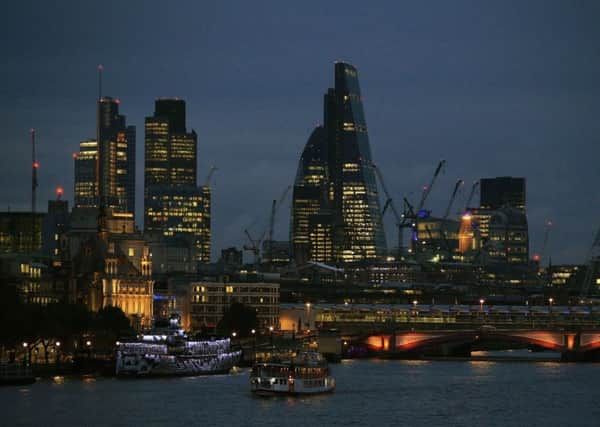Bunzl profits rise amid US growth and Sterling collapse


The group posted a 20% rise in revenue to £4.1 billion and pre-tax profit increased 17% to £181.9 million in the six months to June 30.
Bunzl has been buoyed by a string of acquisitions in North America, where it books the vast majority of its revenue, and the Brexit induced collapse in sterling.
Advertisement
Hide AdAdvertisement
Hide AdChief executive Frank van Zanten said: “Bunzl has once again delivered good increases in revenue, adjusted operating profit and adjusted earnings per share.
“I am particularly pleased to report a significant pick up in the level of organic revenue growth to 3.7% during the first half of 2017 following the previously announced new business win in North America last year.”
Bunzl, which supplies food packaging to restaurants and hotels and shopping bags to the retail sector, has committed to spending £546 million on acquisitions this year.
To this end, the firm also announced a deal in China that will see it take over HSESF, which specialises in the sale of personal protection equipment.
Advertisement
Hide AdAdvertisement
Hide AdIn the UK, Bunzl became the latest firm to point to a challenging market linked to “political and economic uncertainty” which it said is holding back investment decisions.
Bunzl said: “Although the UK Government has commenced negotiations with the European Union, the terms under which the UK will eventually leave the European Union and the impact this will have on the group’s operations are currently unclear.
“The risks to the group’s operations are most likely to relate to the impact of foreign exchange volatility, an economic slowdown in the UK and the imposition of trade tariffs.”